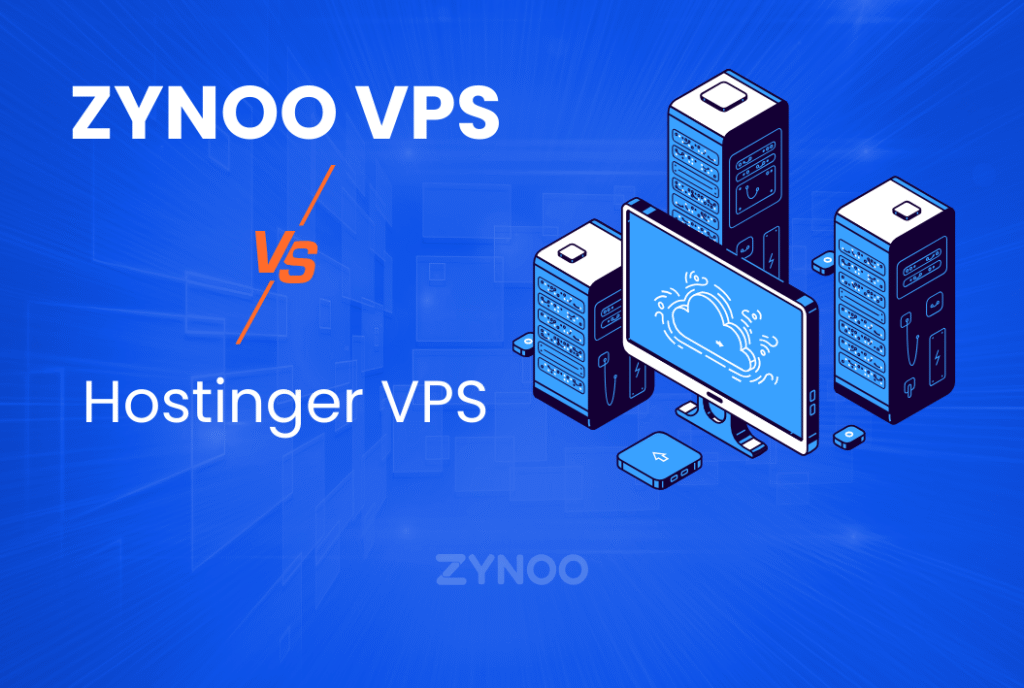Choosing the right hosting solution for your website is a critical decision that can significantly impact your site’s performance, security, and overall success. When it comes to hosting, the two primary options are managed hosting vs unmanaged hosting. Each has its own set of advantages and disadvantages, making it essential to understand their differences to make an informed decision.
Understanding Managed Hosting
What is Managed Hosting?
Managed hosting is a service where the hosting provider takes care of all the server management tasks, including updates, security, backups, and technical support. This allows website owners to focus on their core business activities without worrying about the technical aspects of server management.
Benefits of Managed Hosting
- Expert Support: One of the most significant advantages of managed hosting is the expert support provided by the hosting company. This support can be invaluable, especially for those who lack technical expertise.
- Enhanced Security: Managed hosting providers often offer advanced security measures, such as regular updates, patches, and monitoring to protect your site from threats.
- Regular Backups: Automatic backups ensure that your data is safe and can be restored quickly in case of any issues.
- Performance Optimization: Providers often optimize servers for better performance, ensuring faster load times and better user experience.
- Time Savings: By handling server management tasks, managed hosting frees up your time to focus on growing your business.
Drawbacks of Managed Hosting
- Higher Cost: Managed hosting is typically more expensive than unmanaged hosting due to the additional services provided.
- Less Control: Since the hosting provider manages the server, you may have less control over certain configurations and settings.
Exploring Unmanaged Hosting
What is Unmanaged Hosting?
Unmanaged hosting, also known as self-managed hosting, provides you with a server without any additional management services. This means that you are responsible for all server management tasks, including updates, security, backups, and troubleshooting.
Benefits of Unmanaged Hosting
- Cost-Effective: Unmanaged hosting is generally cheaper than managed hosting, making it an attractive option for those on a budget.
- Full Control: You have complete control over your server, allowing you to configure it exactly as you want.
- Flexibility: Unmanaged hosting offers more flexibility in terms of software installations and custom configurations.
Drawbacks of Unmanaged Hosting
- Technical Expertise Required: Managing a server requires technical knowledge and skills, which can be a challenge for those who are not familiar with server management.
- Time-Consuming: Server management tasks can be time-consuming, taking away time from other important business activities.
- Higher Risk: Without managed services, there is a greater risk of security vulnerabilities, data loss, and other technical issues if not properly maintained.
Key Differences: Managed Hosting vs Unmanaged Hosting
Support and Management
- Managed Hosting: Provides comprehensive support and management services.
- Unmanaged Hosting: Requires you to manage the server yourself.
Cost
- Managed Hosting: Typically more expensive due to the additional services.
- Unmanaged Hosting: More cost-effective but requires more effort on your part.
Control
- Managed Hosting: Less control over server configurations.
- Unmanaged Hosting: Full control over the server and its configurations.
Security
- Managed Hosting: Advanced security measures and regular updates.
- Unmanaged Hosting: Security is your responsibility.
Backups
- Managed Hosting: Automatic backups are provided.
- Unmanaged Hosting: You must manage backups yourself.
Deciding Between: Managed Hosting vs Unmanaged Hosting
When to Choose Managed Hosting
- If you lack technical expertise and want to focus on your business rather than server management.
- If you require advanced security measures and regular updates.
- If you prefer having expert support available to handle technical issues.
When to Choose Unmanaged Hosting
- If you have the technical skills to manage a server and prefer having full control.
- If you are on a tight budget and need a cost-effective hosting solution.
- If you require flexibility in terms of software installations and custom configurations.
Common Misconceptions About Managed and Unmanaged Hosting
Misconception: Managed Hosting is Only for Large Businesses
While managed hosting is beneficial for large businesses, small and medium-sized businesses can also greatly benefit from the expert support, enhanced security, and time savings it offers. The peace of mind that comes with knowing your server is professionally managed can be invaluable, regardless of your business size.
Misconception: Unmanaged Hosting is Too Complicated for Non-Techies
While unmanaged hosting does require some technical knowledge, there are many resources available online, including tutorials, forums, and support communities, that can help non-techies manage their servers. Additionally, unmanaged hosting providers often offer basic support to help you get started.
How to Transition from Unmanaged to Managed Hosting
If you start with unmanaged hosting and find it challenging to manage, transitioning to managed hosting can be a smooth process. Most managed hosting providers offer migration services to help you move your site to their servers with minimal downtime. It’s important to back up your data and communicate with your new provider to ensure a seamless transition.
FAQs
What is the main difference between managed and unmanaged hosting?
The main difference lies in who manages the server. Managed hosting includes server management services provided by the hosting company, while unmanaged hosting requires you to handle all server management tasks.
Is managed hosting worth the extra cost?
Managed hosting can be worth the extra cost if you lack technical expertise, require enhanced security, and want to focus on your core business activities. The additional services and support provided can save you time and prevent potential issues.
Can I upgrade from unmanaged to managed hosting later?
Yes, many hosting providers allow you to upgrade from unmanaged to managed hosting. The process typically involves migrating your website to a managed server, which the provider can assist with to ensure a smooth transition.
What kind of businesses benefit most from managed hosting?
Businesses that benefit most from managed hosting include those that lack technical expertise, require advanced security measures, or want to focus on their core activities without worrying about server management. This includes e-commerce sites, large businesses, and small businesses with limited IT resources.
Is unmanaged hosting suitable for beginners?
Unmanaged hosting can be challenging for beginners due to the technical knowledge required. However, with the right resources and willingness to learn, beginners can manage their servers. For those who prefer to avoid technical tasks, managed hosting is a better option.
How do I know which hosting option is best for my website?
Consider your technical expertise, budget, and the level of control you want over your server. Managed hosting is ideal if you want professional support and can afford the extra cost. Unmanaged hosting is suitable if you have the technical skills and prefer a more cost-effective solution.
Conclusion
Choosing between managed hosting and unmanaged hosting depends on your specific needs, technical expertise, and budget. Managed hosting offers convenience, expert support, and enhanced security, making it an excellent choice for those who prefer to focus on their core business activities. Unmanaged hosting, on the other hand, provides full control and flexibility at a lower cost but requires a higher level of technical knowledge and time commitment.
By carefully considering the advantages and disadvantages of each option, you can make an informed decision that best suits your website’s requirements. Whether you opt for the convenience of managed hosting or the control of unmanaged hosting, the key is to choose a solution that aligns with your goals and resources.



